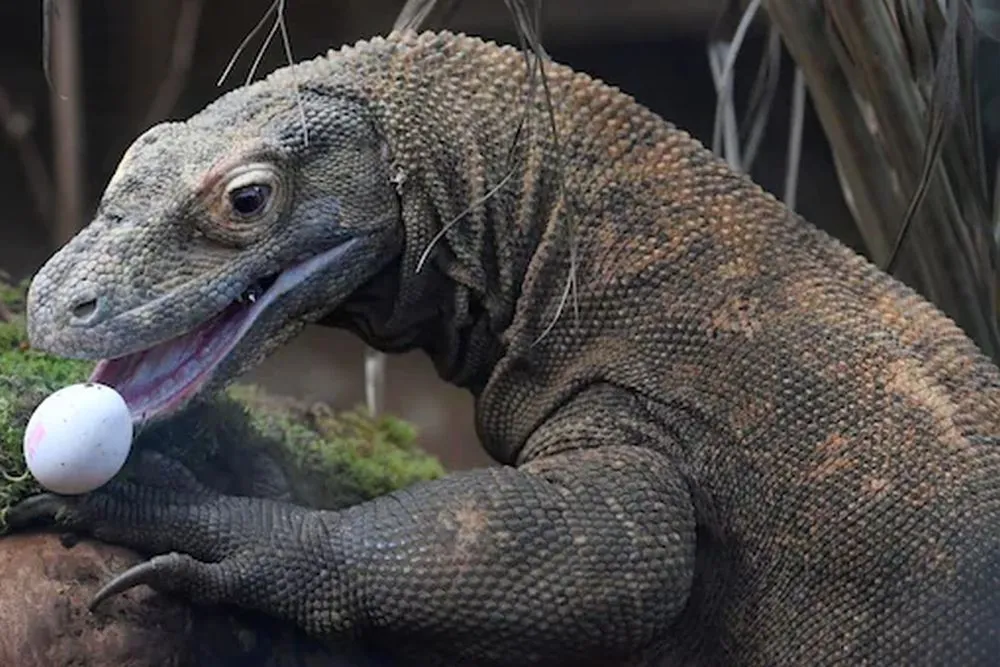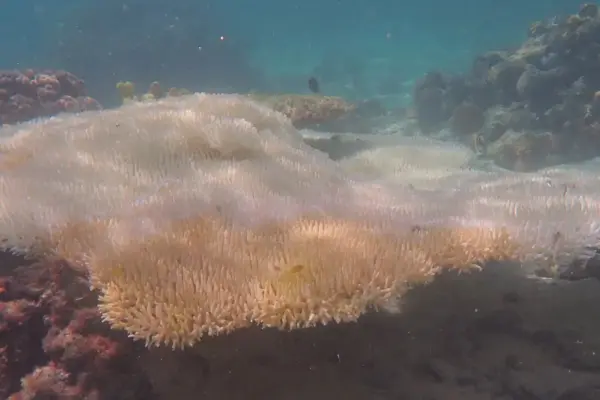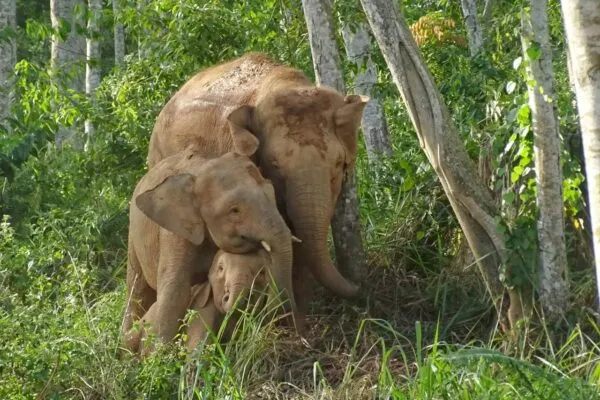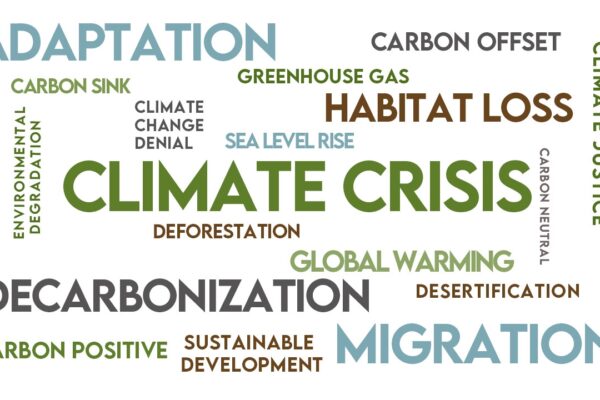Komodo Dragon Listed as Endangered Species by IUCN
World’s largest living lizards, Indonesia’s Komodo dragon, also known as the Komodo monitor is listed as an endangered species by the International Union List for the Conservation of Nature (IUCN). The new update from the IUCN Red List also said that overfishing threatens around two out of five sharks with extinction.
Approximately 28 percent (about 38,543) of over 138,000 species evaluated by the IUCN for its survival watch-list are now at risk of vanishing in the wild forever, as the climate crisis caused by humans is exacerbating rapidly.

Image: Toby Melville/Reuters
Along with this, the update also mentioned the potential for restoration of tuna species despite being commercially fished.
Andrew Terry, Conservation Director at the Zoological Society of London, said;
The idea that these prehistoric animals have moved one step closer to extinction due in part to climate change is terrifying. The conservation status of the group as a whole continues to deteriorate, and overall risk of extinction is rising at an alarming rate.
The IUCN officially launched its “green status” – the first global standard for evaluating species recovery and measuring conservation impacts. A new yardstick is being used to measure the amount of depleted and recovered species with their historical population levels to evaluate the effectiveness and penitential for further conservation actions.
Also Read: Sunflower Sea Star Declared Critically Endangered By IUCN
The efforts made till now with regards to the conservations aren’t enough, since the depletion and recovery rates are far behind from being even. In 2019, the UN’s biodiversity experts claimed that a million species are on the verge of extinction and with the rising threat on species, the planet is on the brink of its sixth mass extinction event in 500 million years.
In this day and age, only some strict wildlife conservation policies and their proper implementation can halt the numbers of extinction to increase any further.
Via: News18


